Are you keen on learn about Types of machine embroidery thread, Are you looking to enhance your machine embroidery projects but unsure which thread to choose? Look no further! In this comprehensive guide, we will walk you through the vast range of options available, from metallics to rayon, helping you make the perfect thread choice every time.
When it comes to machine embroidery, the thread you select can make all the difference. Vibrant metallic threads can add a touch of luxury and shine to your designs, while rayon threads offer a soft and silky finish. But how do you know which thread is best suited for your project?
From Metallics to Rayon: A Comprehensive Guide to Choosing the Perfect Thread for Machine Embroidery

Whether you’re a seasoned embroiderer or just starting out, this guide will provide you with the knowledge and insights you need to make an informed decision. We’ll delve into the characteristics of different thread types, discussing their durability, colorfastness, and compatibility with different fabrics and needles.
Get ready to unleash your creativity and achieve stunning results with the perfect thread choice for your machine embroidery. Let’s dive in and explore the world of metallics, rayon, and beyond!
Watch Machine Embroidery for Beginners 2021 – #5 All About Thread
Types of machine embroidery thread
Machine embroidery threads come in various types, each offering unique characteristics and benefits. Understanding the different thread options available will enable you to select the best one for your specific project.
Metallic Thread for Machine Embroidery
Metallic threads are a popular choice for adding a touch of glamour to embroidery designs. Made from a blend of polyester and metallic fibers, these threads are known for their dazzling effect and reflective properties. They create a stunning shimmer and sparkle, making them perfect for decorative elements or designs that require attention-grabbing accents.
However, metallic threads can be more challenging to work with compared to other types. They tend to be less flexible and more prone to breakage, so it’s essential to choose the right needle and adjust the tension on your machine accordingly. Additionally, metallic threads can be sensitive to heat and friction, so it’s important to handle them with care during the embroidery process.
When using metallic threads, it’s crucial to select a high-quality brand that offers excellent durability and colorfastness. This ensures that your embroidery will remain vibrant and intact even after multiple washes or exposure to sunlight. With proper handling and the right techniques, metallic threads can elevate your machine embroidery projects to new heights.
Rayon Thread for Machine Embroidery
Rayon threads are known for their softness, luster, and excellent color saturation. Made from natural fibers derived from wood pulp, rayon threads have a silky sheen that adds an elegant touch to any embroidery design. They are widely popular among embroiderers due to their versatility and vibrant color range.
One of the key advantages of rayon threads is their smooth texture, which allows them to glide effortlessly through fabric, resulting in clean and precise stitches. They also have excellent color retention, ensuring that your embroidery remains vivid and beautiful over time. However, it’s important to note that rayon threads may not be as durable as other types, so they may not be suitable for high-wear items or projects that require frequent washing.
To achieve the best results with rayon threads, it’s recommended to use a sharp needle with a larger eye to prevent fraying or breakage. Proper tension adjustment and a slower stitching speed can also help prevent thread tension issues. With their luxurious finish and wide color selection, rayon threads are a fantastic choice for adding a touch of sophistication to your machine embroidery projects.
Polyester Thread for Machine Embroidery
Polyester threads are known for their strength, durability, and colorfastness, making them a popular choice for machine embroidery. They are made from synthetic fibers that offer excellent resistance to fading, shrinkage, and abrasion, ensuring that your embroidery remains vibrant and intact for years to come.
One of the key advantages of polyester threads is their versatility. They can be used on a wide range of fabrics, including cotton, linen, silk, and synthetic materials. Polyester threads are also highly resistant to chemicals, making them suitable for projects that require frequent washing or exposure to harsh environments.
When using polyester threads, it’s important to select a high-quality brand that offers consistent thread thickness and color consistency. This ensures that your stitches will be even and uniform throughout your embroidery design. Polyester threads work well with most standard needles, and their high tensile strength makes them less prone to breakage, resulting in a smoother embroidery process.
Cotton Thread for Machine Embroidery
Cotton threads are a popular choice for machine embroidery, especially when working on natural fibers such as cotton, linen, or canvas. Known for their softness and natural feel, cotton threads create a classic, matte finish that complements a variety of embroidery designs.
One of the key advantages of cotton threads is their breathability, making them suitable for projects that require a more organic and rustic look. They are also highly absorbent, making them ideal for embroidery projects that may come into contact with moisture or require frequent washing.
When using cotton threads, it’s important to select a fine or medium-weight thread that is suitable for machine embroidery. Thicker cotton threads may cause tension issues or result in uneven stitches. Using a sharp needle with a slightly larger eye can also help prevent fraying or breakage during the embroidery process.
Nylon Thread for Machine Embroidery
Nylon threads are a popular choice for machine embroidery projects that require excellent strength and durability. Made from synthetic fibers, nylon threads offer superior resistance to abrasion, chemicals, and moisture.
making them suitable for projects that need to withstand heavy wear or exposure to harsh environments.
One of the key advantages of nylon threads is their high tensile strength. which makes them less likely to break or fray during the embroidery process. They also have excellent colorfastness, ensuring that your embroidery remains vibrant and fade-resistant over time. Nylon threads are commonly used for embroidery on items such as bags, outdoor gear, or sports apparel.
When using nylon threads, it’s important to select a thread specifically designed for machine embroidery. Nylon threads can be thicker than other types.
so it’s crucial to choose the right needle size and adjust the tension on your machine accordingly. With their superior strength and durability, nylon threads are an excellent choice for projects that require long-lasting embroidery.
See more about Can Regular Thread Be Used for Machine Embroidery?



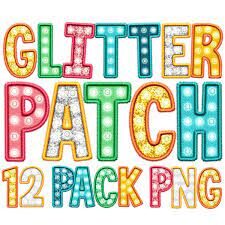
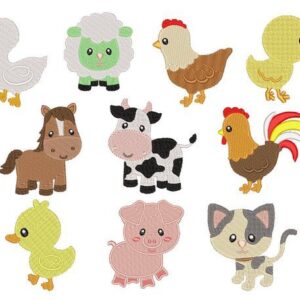
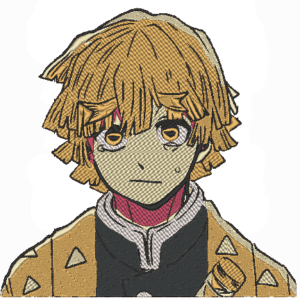
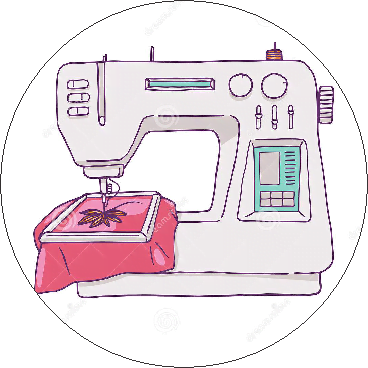
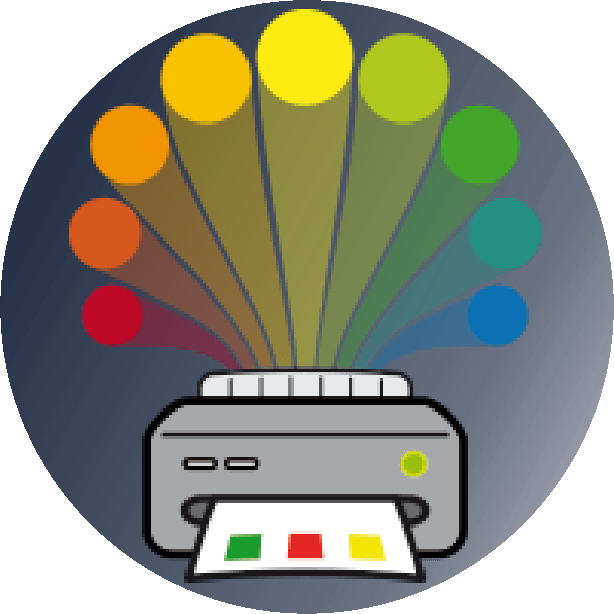
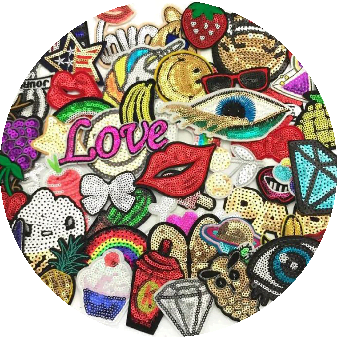



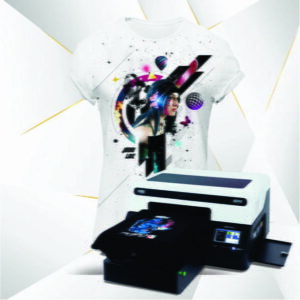

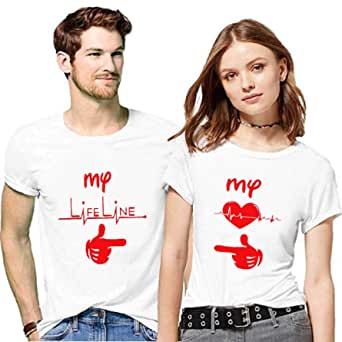


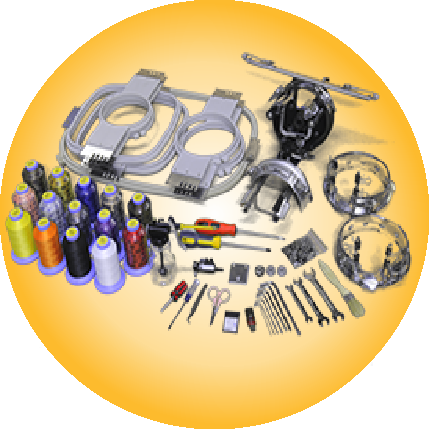
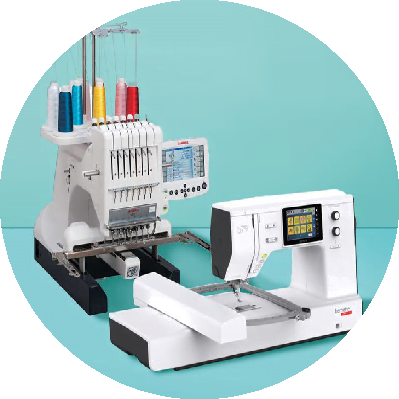
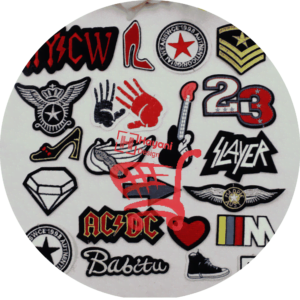









Leave a reply
You must be logged in to post a comment.